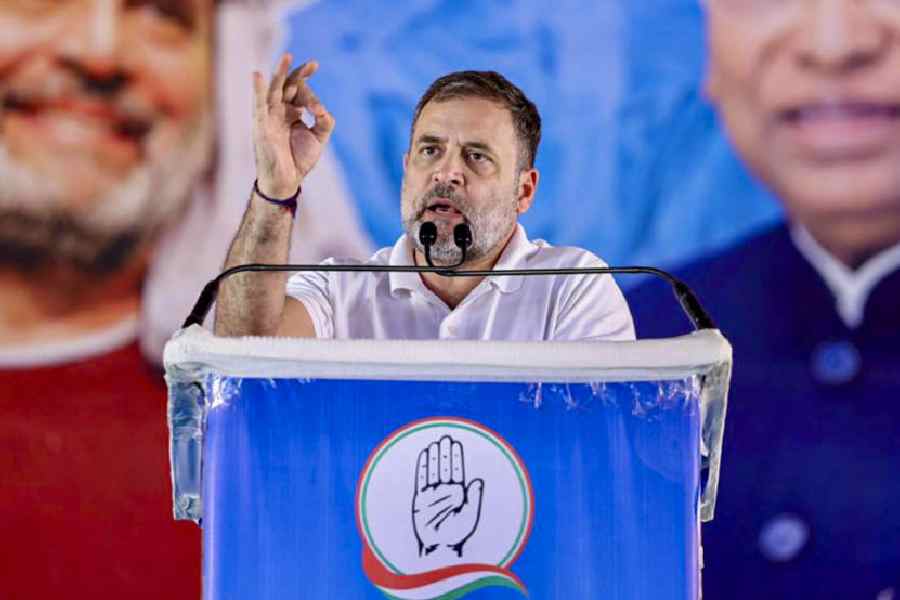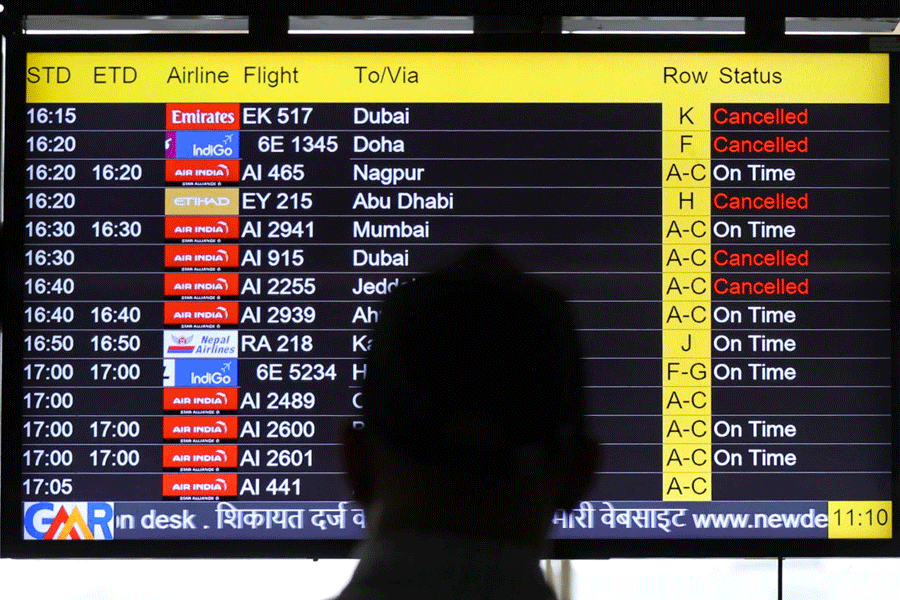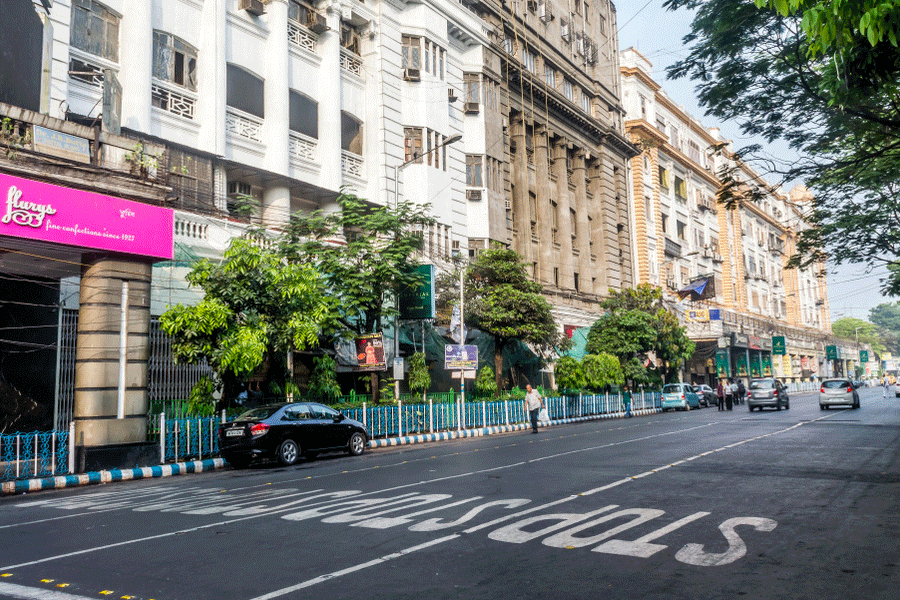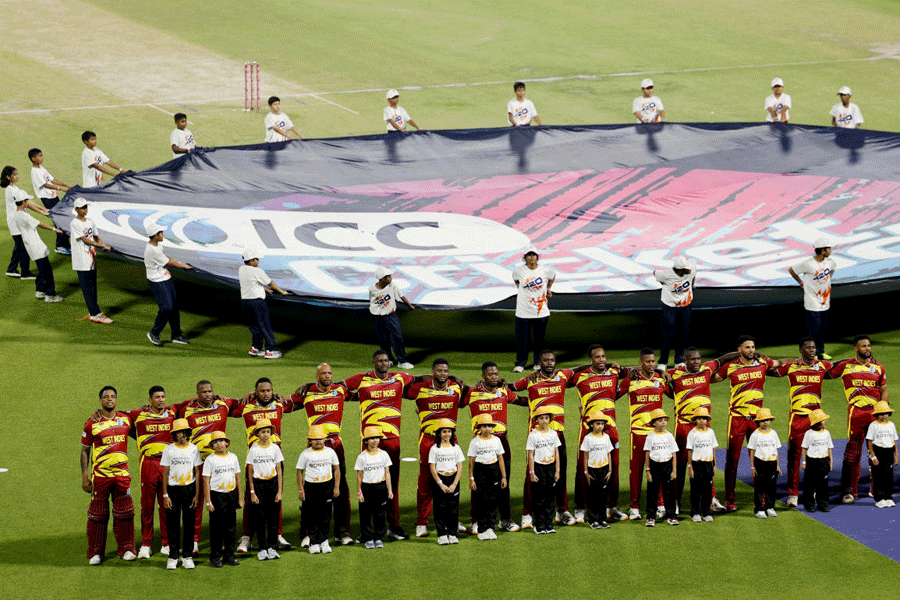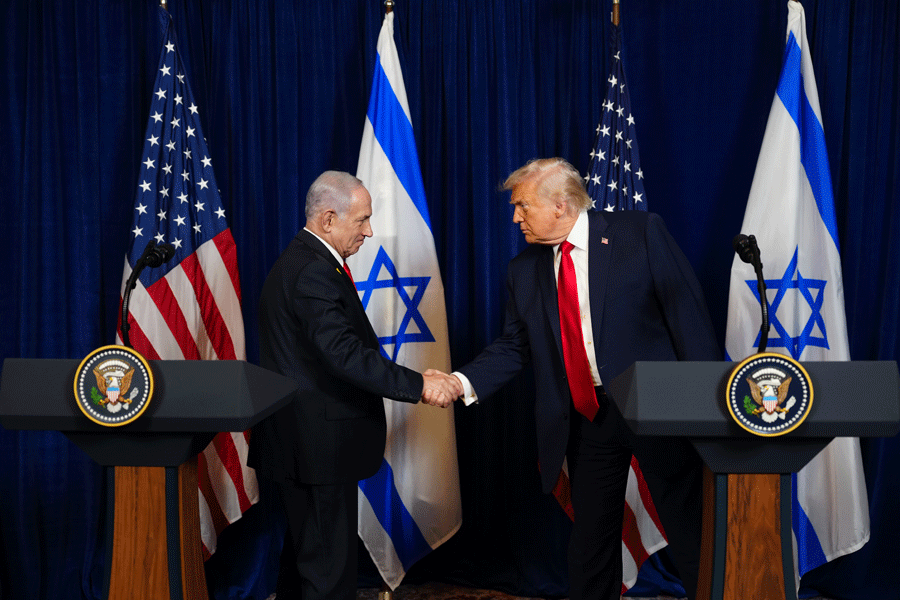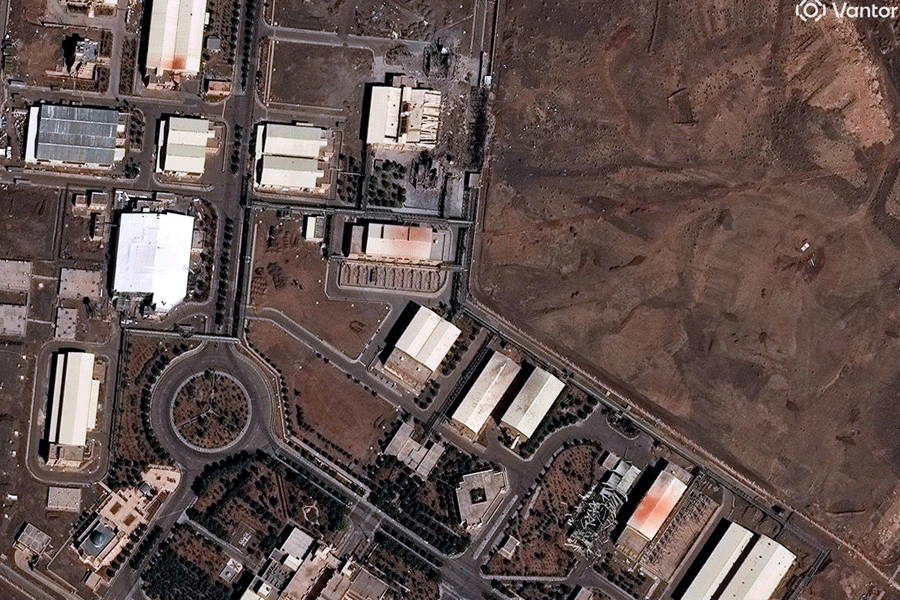|
|
| S.R. Sankaran |
The problem is in the nomenclature itself. It is an administrative service. If the prime thrust is on administration, a respectable distance has to be there between the administrator and those who are at the receiving end of administration. The Indian Administrative Service, after all, was patterned after the Indian Civil Service. The national leadership which took charge of governance in 1947, in their heart of hearts nurtured a tremendous admiration mixed with awe for the ICS clan, whose members, despite being so few in number, performed so efficiently the chores assigned to them by the imperium. With Independence and the dawn of the post-colonial era, colonialism actually came to a fuller bloom. The recruits to the IAS were expected to do the bidding of the new masters with the same aplomb and effectiveness as the ICS retinue did for the raj.
One essential point was, however, missed. The British had planned the ICS as the core of civil administration to operate in tandem with, and as complementary to, military administration. The natives forced into subjugation must always be kept under the heels. With this end in view, it was so arranged that the assertion of military was echoed in the way civil administration was dispensed. You could not afford to be chummy with those who were supposed to be treated as slaves. Indians inducted into this so-called heaven-born service had to emulate their expatriate colleagues in mores and manners and were inculcated with the belief that, as occupants of a superior stratosphere, they must keep commoners at more than arm’s length. Young ICS recruits with an enquiring mind, who had read classics or history or anthropology at Oxford or Cambridge, would now and then break ranks: while perfunctorily going through the motions of carrying out their normal administrative responsibilities, they would spend more time roaming the countryside and develop an appreciation of the native arts and architecture or undertake an intensive study of the pattern of existence of this or that tribe. One or two ICS district officers would even master the local language and translate its poetry and fiction for presentation to a global clientele. A few junior native colleagues of theirs would take courage in both hands and plunge into activities which narrowed their social distance from the masses. Higher authorities would frown upon these proclivities, and sometimes stop the promotion of the offending officers or transfer them to dreary outposts, where they were expected to rue their folly.
The IAS was made a carbon copy of the ICS, and things went off on the wrong rails. Those who led the freedom movement had made certain promises to their countrymen, particularly to the disadvantaged amongst them, such as providing the minimum amenities of life along with the dignity of living. The IAS, it was the popular assumption, would constitute the delivery system towards the furtherance of these objectives; the accent in its functioning would be more on rendering service and less on issues of administration. Ruling politicians had other intentions; they clung to the colonial model of administration with the same tenacity as was exhibited, for example, in defending the McMahon Line; they contrived to make the IAS a carbon copy of the ICS. An unwritten social contract was entered into between them and the upper layer of the bureaucracy. Enforcement of law and order emerged as the primary responsibility of the IAS. The exercise of authority and retention of the hierarchical structure of administration overshadowed the agenda of rendering public service. The sense of power the wielding of authority bequeaths obliterated every other consideration. Politicians still talked of socialism, but that was only a variant of oral eroticism, not to be taken seriously.
A hundred different glitches have besmirched the Indian polity in the 60-odd years since Independence. Perhaps the most grievous is the disappearance of the notion of service from the concept of administration. The paraphernalia of the Constitution, with its load of fundamental rights and directive principles, meant nothing. And the late introduction of the 73rd and 74th amendments, too, have only led to a downward dispersal of the hierarchical pattern of governance. The chasm between ordinary men and women and those who handle the administration at the rural level has remained what it always was. Administrators in general have got accustomed to treating the immiserized masses as an inferior category. The latter have returned the compliment and consider the administration as an alien and hostile entity. Politicians, the innocent ones had once nourished the thought, would step in and do some bridge-building. Instead, in most instances, they have been active protagonists of the colonial paradigm. Given the compulsions of competitive, multi-party democracy, members of the administrative services have also often been pushed to join the game of dividing the people along caste or some other sectarian lines.
S.R. Sankaran, who died last month, had tried to break away from the mould. He was an unusual member of the administrative service: he took it for granted the focal point of functioning of the cadre he belonged to was to establish communion with those sections which have been prevented from availing themselves of the fundamental rights the Constitution has granted to each citizen. There was possibly a streak of insanity in him, the insanity which impels one to sap the moorings of convention. Otherwise a quiet, extraordinarily humble man, he could be indescribably strong and obstinate where issues of principle were concerned. His colleagues might stick to the rules and modalities of behaviour a senior civil servant was expected to adhere to. Sankaran would not. He would rather get lost among the dispossessed and the exploited, the Dalits, the tribals, the unorganized construction workers, the hapless women from the nether regions of society badly in need of succour and advice. He would explore the nooks and corners of administrative capabilities so that these wretched specimens could begin to appreciate that they too could claim a stake in this seemingly-far-gone-to-seeds republic.
One recalls that astonishing spectacle eventuating in the 1980s. The remote little state of Tripura had a communist who was also an ascetic, Nripen Chakraborty, as its chief minister who picked — few know how — S.R. Sankaran as his chief secretary. Both lived out of a battered suitcase. They trudged through Tripura’s countryside for days on end, communing with the tribal people, sharing their food, spending the night in their ramshackle huts, listening, all the while, to their woes. And the duo took measures, concrete measures, that could heal at least some of these woes. That there is currently little or no tribal insurgency in Tripura might well be the enduring sequel of the magic healing touch applied by that strange combination of a most unusual chief minister and his equally unusual chief secretary.
Sankaran insisted on playing the same role when serving in his own state, Andhra Pradesh, and at the Centre. He sought out the impoverished and the disabled, and was determined that the apparat of this supposedly democratic State is pushed into delivering to citizens existing at the margin what they could rightly claim as their prerogative in terms of at least Article 14 of the Constitution.
There are in fact many others among the serving officers who think along the same wavelength as Sankaran did, but hold back because they feel they could not afford to annoy the powers that be. Sankaran felt no such constraints. He was once selected to head the academy in Mussoorie which trains fresh recruits to the all-Indian services. His appointment was, however, cancelled at the last moment; wise counsel prevailed with the authorities. He could not quite be trusted. He, it was feared, would be indoctrinating the trainee officers into accepting his interpretation of the raison de’être of their service. Nothing was reckoned to be more dangerous than that.
Did not Sankaran’s fault lie in the fact that he was a fiercely patriotic officer? Patriotism reflects ardour for the nation. Ardour for the nation should be synonymous with love for the people who constitute the nation’s majority. Sankaran, therefore, had impeccable logic on his side. That was the trouble with him; he set a bad example. Now that he is gone, there is a sigh of relief in some quarters.



